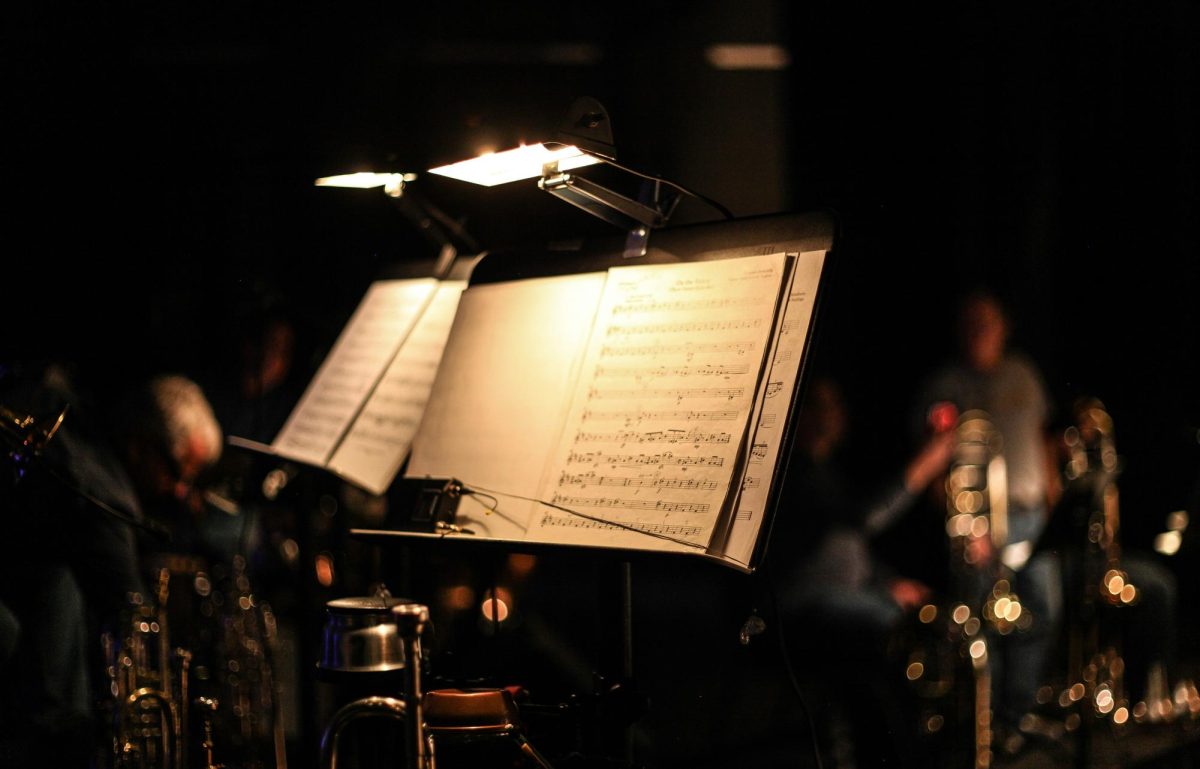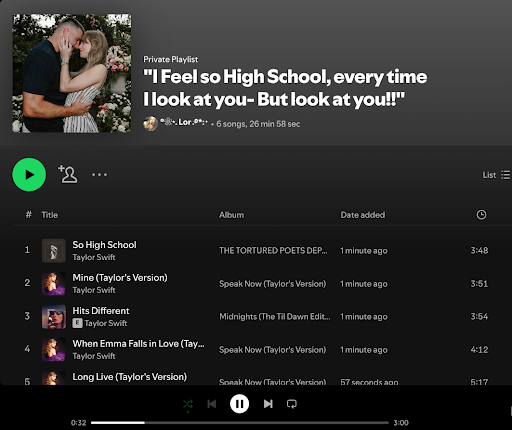The opening scene of The Holiday. A cheesy Hallmark movie at best. I found myself scoffing at the somewhat shallow plot, though acknowledging that such a movie merely means to serve as a source of holiday spirit and a good laugh. But from the first scene, I was in awe. Not of what I saw on screen, but what reached my ears and caught me off guard. “Maestro.” That is the title of the song that plays magnificently during the opening scene. And maestro couldn’t be a more deserving title indeed for the film’s soundtrack composer, Hans Zimmer, who left me awestruck and intrigued in a movie that I otherwise wouldn’t have given another thought to. Yes, music can have that ability.
If you know me, you may be quick to call me out on my bias. I would be lying if I said I didn’t direct more attention to the soundtrack than what is playing out on screen during a film. However, the startling effect that clicking play on any of the numerous works by such maestros themselves, Hans Zimmer, John Powell, and John Williams, can have on one’s mind is undeniable.
Beautifully animated and enormously successful, DreamWorks’s How to Train Your Dragon Franchise owes its success to John Powell. The composer, famously known for his astonishing works and award-winning composition “Test Drive,” is a maestro to an extent beyond what many people realize. Hidden throughout the entirety of the soundtrack are two simple bases. Themes. Motifs, if you will. Toothless’s theme and Hiccup’s. From there, almost every track in the film is built on one or both of those stunning themes. Geniusly, John Powell twists the melodies, alternates keys, and interlocks the themes to fit whatever emotion the scene calls for. In doing so, Powell has managed to create an emotional masterpiece, turning a simple children’s film into an astounding work of art.
Or, take John Williams for example. Yes, famous across the globe for his brilliant work in numerous films, his work is a household favorite. But his success goes beyond the statement themes and marches of franchises from Harry Potter to Jurassic Park. Often overlooked pieces, such as Williams’s “Across the Stars” from Star Wars: Attack of the Clones, portrays astonishing emotional depth, helping to create one of the most tragic love stories in all of film.
Beyond what is seen on screen, a film’s soundtrack holds the true power in transporting the viewer. A powerful musical line, even if it only lasts for a second, has the ability to create an entire scene in one’s head, not just in the theater or on the couch, but anywhere one may find themselves listening. Writing this article, I put on my headphones and clicked play on Hans Zimmer’s “Maestro,” and I soon found my brain running with ideas. A new sense of purpose was given to this simple article, now overflowing with emotion, I imagined myself typing out a life changing text while the camera slowly pans the scene, a dramatic opening scene of my own if you will. As a reader, I challenge you to go back and reread this, this time listening to “Maestro” for yourself, and don’t be surprised when this mere informative article soon appears in your brain as a flowing speech, a dramatic display of a simple claim. Music can have that ability. It always has. It always will.








